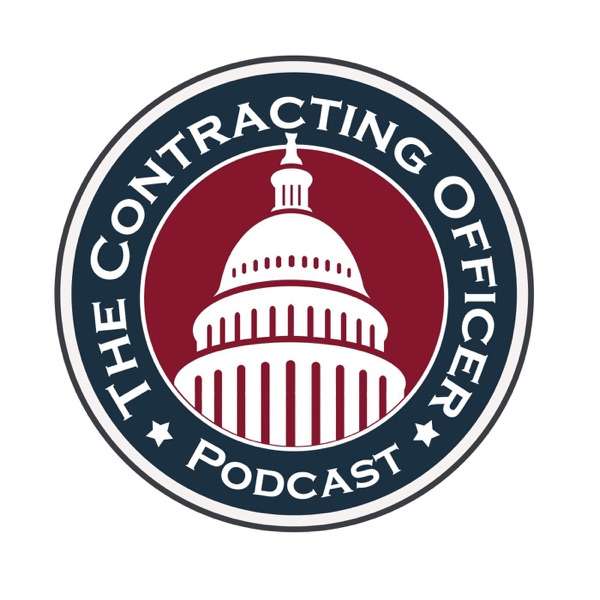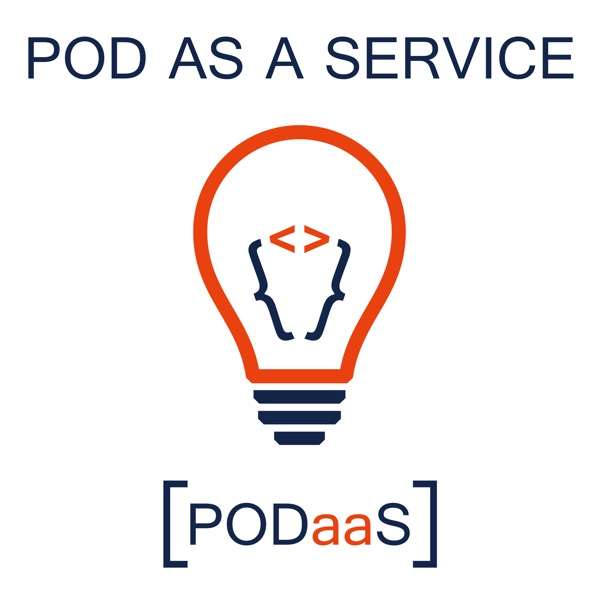Hello and welcome to the Nonprofit SnapCast. I'm your host, Mickey Desai. No guest today. Just a quick housekeeping episode. I've got a few briefs to share with you and one safety issue to discuss with you before this episode is over. The whole thing should take less than 10 minutes. First, as I'm always looking for cool guests to have on the show, this time I have a few special requests in addition to the excellent folks I always get to interview.
- I'm looking for people who can share success stories about their nonprofits, people who have management tips to share that have turned into some sort of programmatic or nonprofit excellence. I want to hear your success stories.
- The second thing is I'm looking for board members or managers who have had to shut down their nonprofits or shut down their programs. If you know of anyone who's had to make these decisions or had to supervise these decisions from a board perspective or from a management perspective, I would value their input on the SnapCast and would even be open to interviewing them anonymously.
- And the third thing is you're about to get a series of interviews between myself, Dave Paule of Our Fundraising Search, and Kathy Bremer of Boardwalk Consulting. We've done a series about job hunting, specifically job hunting within the nonprofit sector, and we want to do some mock interviews with listeners. So if you know somebody who's looking to make a change for their career within the nonprofit sector, or even someone who's maybe outside of the nonprofit world and wants to become part of the nonprofit world, we would like a handful of folks to do mock interviews with on the show. So please contact me through the website--that's nonprofitsnapcast.org--if you know anybody who'd be interested in playing in that regard.
A couple of quick announcements:
You may remember a few episodes ago, Dave Paule did an episode with us about Our Fundraising Search’s Salary and Satisfaction survey that is still going on. They're still collecting data, and I wanted to remind you to go to ourfundraisingsearch.com. In the middle of the page, you'll find a link to their survey. Please get your colleagues to put in their information. More data means a more thorough report, and we will be discussing those results later this year. So please visit ourfundraisingsearch.com, and do take a minute to participate in the Salary and Satisfaction survey amongst nonprofit sector folks.
On October 9th of this year, I'm going to a conference here in Atlanta called the Nonprofit Leadership Conference. It is hosted by Sterling Seacrest Pritchard, Truist, and Boardwalk Consulting. Again, it's the 12th annual Nonprofit Leadership Conference. This theme for this one is Turbulence in the Talent Pool. Keynote presentations will provide thought provoking experience that help build new visions for advancing a diverse multi-generational work environment. And nonprofit executives are definitely invited to attend. I will be recording there, may even do a little bit of live streaming. But that's October 9th. You can find information about this at nonprofit conf.com. You'll find information there about the 2024 event and it'll take place at the Atlanta Botanical Gardens. Very cool room, very cool grounds. If you have never been, it's very nice place to check out. Come say hi to me if you happen to be there.
Real quick, I wanted to discuss something that I think is pretty important as this country moves through times of political turbulence, even though there may be reasons on the horizon to be very excited in a positive way about the country's political future, the divisiveness, the rhetoric that I continue to see amongst peers and my own friends disturbs me. And so I wanted to take a quick minute to discuss what your nonprofit should be aware of if an active shooter event occurs.
I know this is controversial. I know the subject matter is very dark, I apologize. I have done gun safety trainings. I have helped volunteer organizations train other volunteer organizations on gun safety issues. And the training is very simple. You basically have to remember three words: run, hide, fight. Of course, we're going to break that down.
Run. Run means if you have an active shooter situation happening in your area, get to a point of safety. What this means, of course, is having some awareness of where your points of egress are throughout your facility, and that could be a door, that could be a window. The closest way to get out may not even be the front door. So sit down with your plan and your staff, take a look at what's where and figure out how to get out if you need to get out.
If you can't get out, if things are too hot and you're not sure if you can get out safely, the general best practice is to Hide. So when you hide, lock your doors, prop them closed. If you can, silence your cell phones. In this case, I will tell you to turn them off, don't just make them silent, turn them off. Because a buzzing cell phone can still sometimes be heard through walls and doors, and you don't want a loved one to call you in the middle of an active shooter situation just to make sure you're okay and they betray your location to someone who's up to no good. So lock your doors, turn off the lights, silence or turn off your cell phones as well.
Lastly, if necessary, and if the situation just really goes sideways, Fight, the word of advice from law enforcement is do not play dead. Playing dead can backfire for all sorts of horrible reasons. So fight, do not play dead. This is my spin on the whole fight piece, and I think the exercise that I'm about to suggest makes for good leadership development amongst nonprofit teams overall. And that is to take your entire team to go get some self-defense training together. Again, great leadership development, great team development. You don't have to earn the entire black belt, but you should have some awareness of how to handle yourself in situations. And a good self-defense training course will also teach you situational awareness, which is something that I think we could all use a little more of just in general, not just in your office, but on the streets, and as you ride public transportation. Situational awareness is something I think a lot of us take for granted.
So I know it's dark material, but I hope this information is useful to you.
As the Nonprofit SnapCast continues to move on, you can support my efforts with Patreon. Go to Patreon and search for Nonprofit SnapCast. Every little bit helps. And I'm also continuing to search for sponsors. The SnapCast is almost seven years old. Listenership is actually quite significant, and I've articulated a small sponsor proposition on the website. Go to nonprofitsnapcast.org. You'll see a link in navigation there on Becoming a Sponsor. Any help is appreciated. My plan is to take those funds and turn them immediately into marketing activities for the Nonprofit SnapCast. We've come this far, doing this for seven years, using only word of mouth, and it's really quite amazing what we've accomplished in that much time and how many people think the SnapCast is useful. I am humbled by the reception we've gotten, but I would very much like a professional to see what they can do with the SnapCast in terms of getting us to more people in the nonprofit sector overall.
So again, thank you for taking the time to listen. Thank you for being part of the SnapCast family.
Just a quick recap: I'm looking for guests, people who can share success stories, board members or managers who've had to shut down a nonprofit and people who can do mock interviews with us. And if you can help with the sponsorship effort, I would greatly, greatly appreciate that.
In the meantime, I hope you're all having a lot of success in achieving your mission goals, doing the things that you do to make the world a better place. And stay safe out there, you guys. I'll see you with another episode in roughly a few days. Thank you.

 Our TOPPODCAST Picks
Our TOPPODCAST Picks  Stay Connected
Stay Connected







